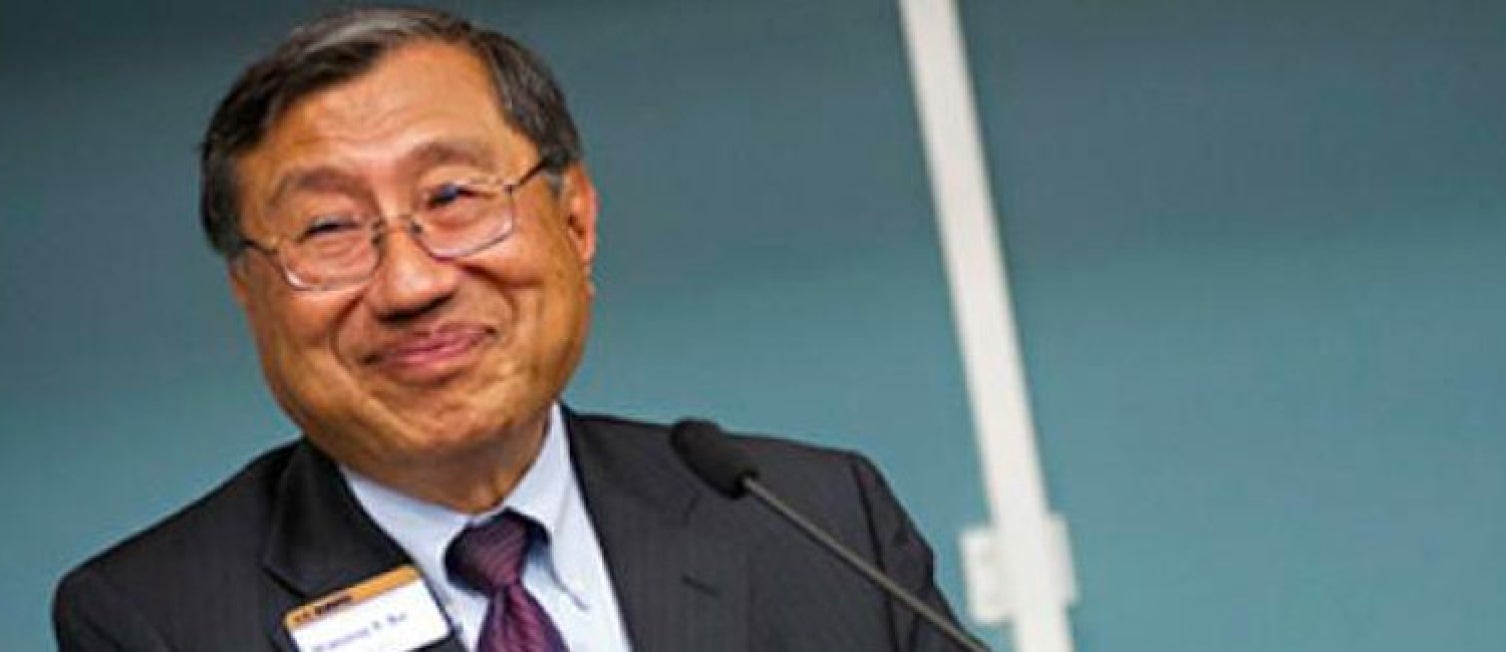
Pushing the farthest horizons
Winston Ko believes that the mathematical and physical sciences (MPS) are what propels exciting discovery across the spectrums—in everything from his own work in subatomic particles to better understanding the whole cosmos. Ko devoted his 41-year career at UC Davis, as a professor, chair and dean, to pushing these new frontiers of discovery and built UC Davis’ MPS departments to one of national prominence.
As physics chair, Ko led the building of UC Davis’ cosmology program from the ground up into being one of the top ranked programs in the country. Under his deanship, he led important initiatives in energies and dark matter, and the creation of the popular pharmaceutical chemistry program. Ko oversaw the hiring of over 40 percent of the current MPS faculty including the hiring of several national and international scientific leaders.
“My goal as an administrator was to encourage, facilitate, and support,” said Ko, “This support is allowing my faculty to push the frontier of their research, which resulted in the MPS departments rising in reputation and national rankings during my watch, some quite dramatically.”
As an international leader in his field, Ko understands the importance of supporting faculty research. In 1993 he led a group of UC Davis scientists to be one of the original and first American signatories on an experiment at the Large Hadron Collider (LHC), which grew to a world-wide collaboration of 2000 physicists and resulted in the discovery of the Nobel Prize-winning Higgs Boson after 20 years of research.
Ko’s desire to boost recognition of UC Davis’ MPS faculty continues even in retirement. During The Campaign for UC Davis he and his wife, Katy, established an endowed professorship and matched all contributions up to $500,000. The endowment will support MPS faculty members who are national or international leaders in science, while also maintaining strong teaching and research programs on campus.
“Pushing frontiers of discoveries—from the most primary structure of the subatomic world in my own field of particle physics, to the far reaches of the universe in cosmology, and to the complexity of novel material —is fundamental to the understanding of the universe and to scientific, technological and medical innovations,” he said.


